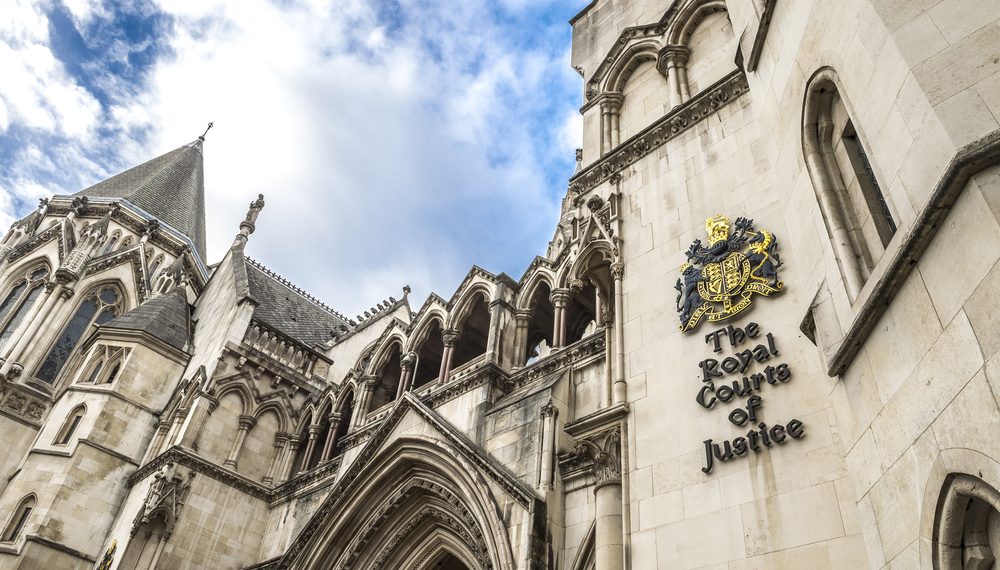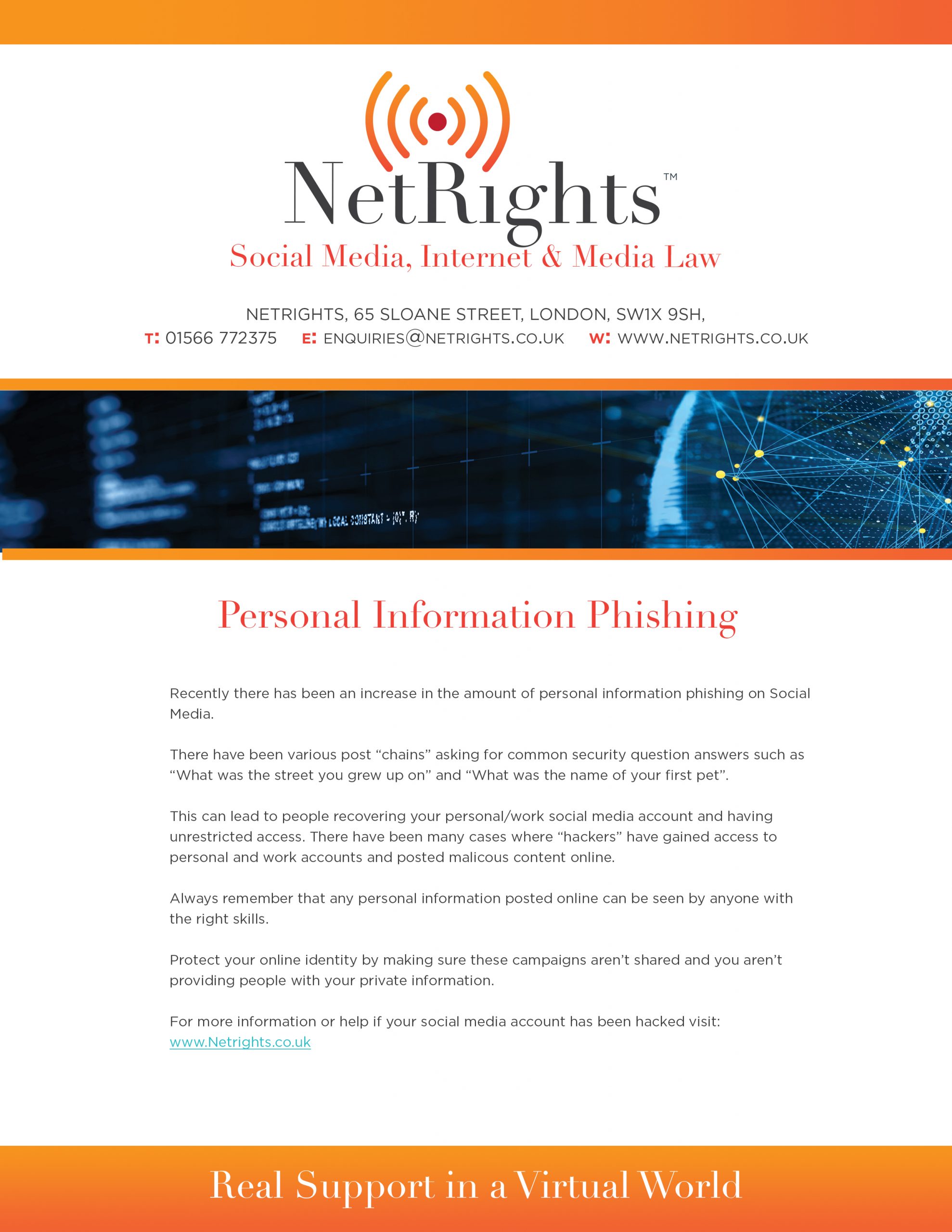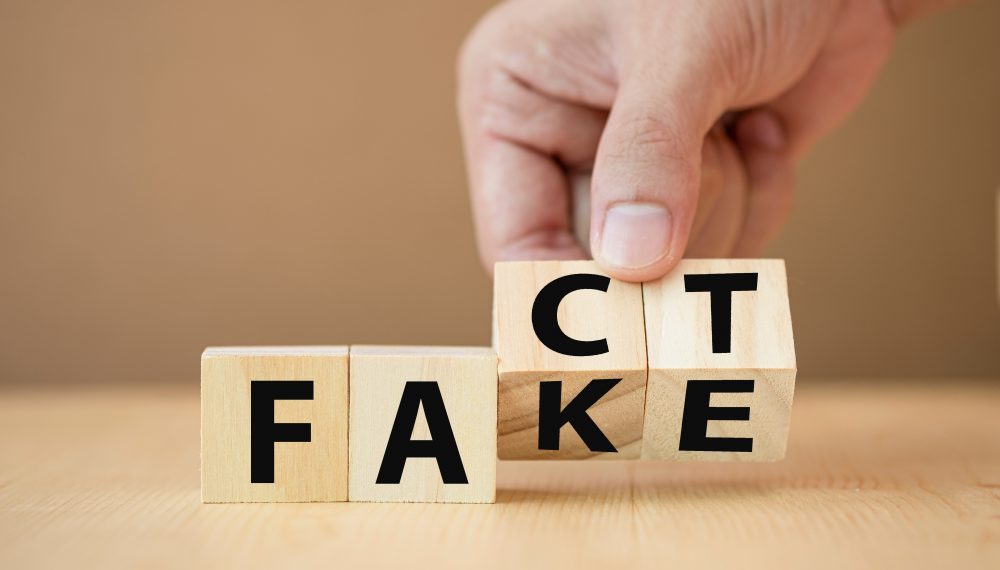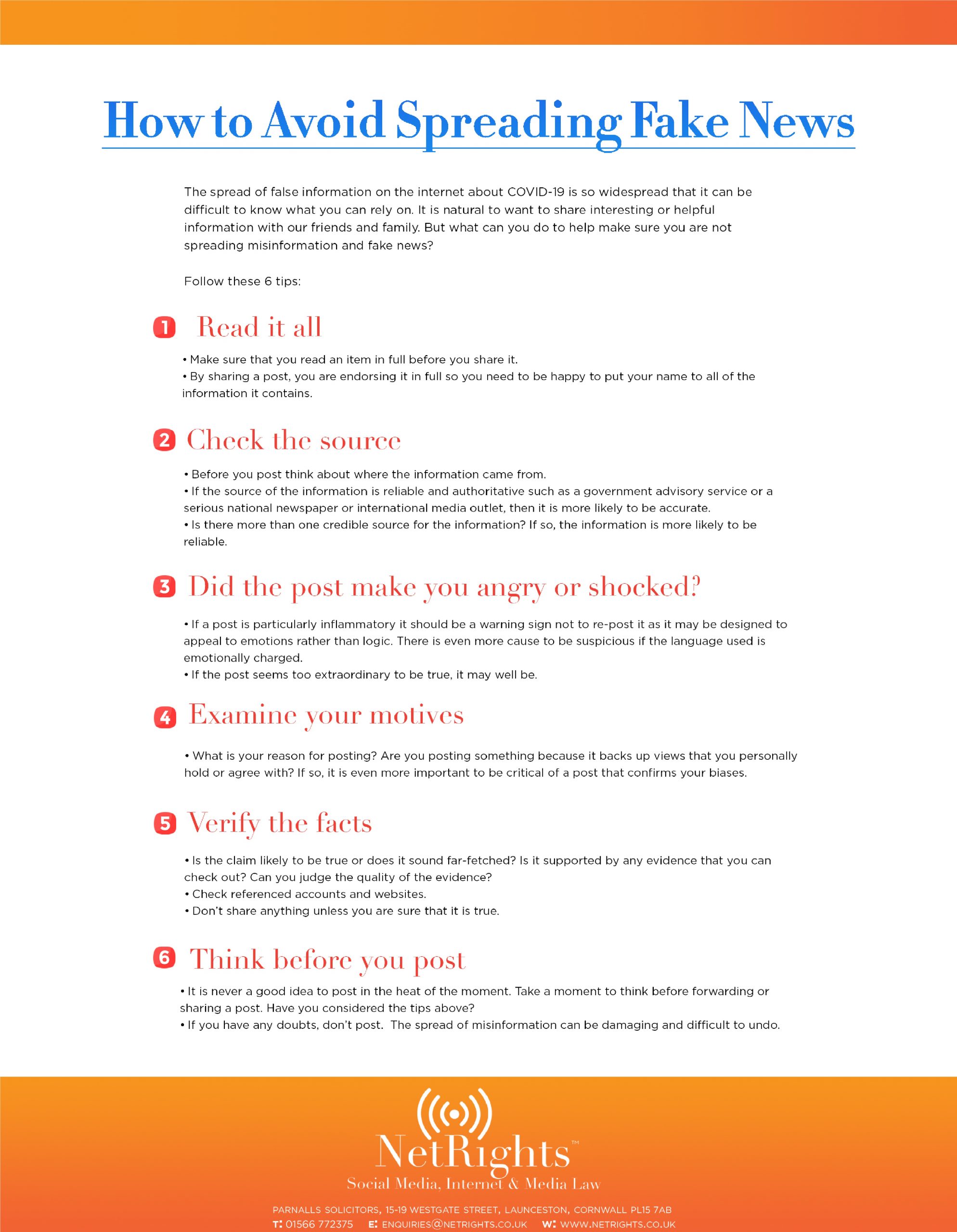Pirates of the Caribbean actor Johnny Depp has recently been in the headlines for a different reason. The high-profile celebrity, along with his ex-wife Amber Heard, has been giving evidence at the Royal Courts of Justice in his libel case against publishers of The Sun newspaper.
Mr Depp, the claimant, is suing The Sun over an article in April 2018 which described him as a “wife-beater”.
What is libel? When does a case exist? Does it always have to go to court?
To bring a libel claim, the claimant (the person seeking to clear their name) must show that the words that they are complaining about have a defamatory meaning. The legal definition of this is that the claimant must prove that the allegation lowers him or her ‘in the minds of right-thinking members of society’.
Nowadays a Judge will usually determine whether the allegations are defamatory and identify their ‘meaning’ at an earlier stage in a libel claim before the trial. It is not uncommon for libel cases settle at this stage without going on to trial. The claimant must also show that the allegations being sued over have caused, or are likely to cause him or her, ‘serious harm’. This was a measure introduced by the Defamation Act 2013 to weed out trivial libel claims.
Where claims are heard at trial, they are won or lost based on whether the publisher, or defendant, is able to make a valid defence. Libel defences include truth, honest opinion, absolute or qualified privilege and publication on a matter of public interest.
Where the publisher relies on the defence of truth, it will need to prove that the allegations complained of are ‘substantially true’. The onus is on the publisher of the allegations to prove that they are true rather than on the claimant to prove that they are false. In practice, both parties will seek to produce evidence to prove the truth or falsity of the allegations. This evidence will usually include witness evidence including from the claimant, as well as documentary evidence such as notes, text messages, emails, photographs and recordings.
After hearing from the witnesses for both parties and considering the documentary evidence the Judge will decide whether or not the publisher has a successful defence to the claim. If there is a valid defence, then the claimant loses. But if the Judge decides that the publisher’s defence is unsuccessful, and no other defences apply, then the claimant’s libel claim succeeds. The Judge may also make findings on further matters including on the level of any damages.
However, most libel claims will settle before they reach trial, and more often in libel disputes an out of court settlement is achieved without the need for issuing court proceedings at all. Such settlements could include an apology, payment of financial compensation and removal of the allegations complained of.
Laura Baglow is a defamation lawyer with over 17 years’ experience. For advice on potential defamation issues please contact Laura at NetRights on enquiries@netrights.co.uk or 020 7698 4427. See www.netrights.co.uk for further details.












